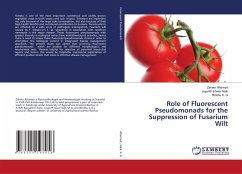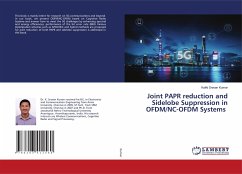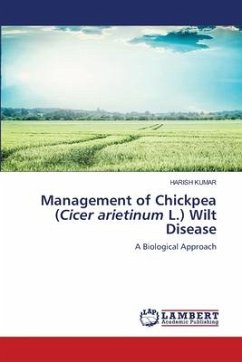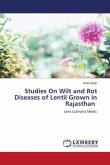Tomato is one of the most important commercial and widely grown vegetable crops in both tropics and sub- tropics. Tomatoes are important not only because of the large scale consumption, but also because of their high health benifits and nutritional contribution to humans. Tomato plants are affected by a wide array of pathogens amongwhich, Fusarium wilt caused by F. oxysporum f. sp. lycopersici in association with rootknot nematode is the major disease. These fluorescent pseudomonads with greater diversity in ecological niches have multidimensional activities. Hence there is need to screen these fluorescentpseudomonads strains in order to strengthen the biological control in integrated disease management approach. The present study was aimed that screening fluorescent pseudomonads which are positive for different morphological and biochemical tests. Thiswas helpful for selection of potential biocontrol agents and hence, this would be helpfulfor commercial exploitation of efficientpositive strains that leads to effective disease management.
Bitte wählen Sie Ihr Anliegen aus.
Rechnungen
Retourenschein anfordern
Bestellstatus
Storno








